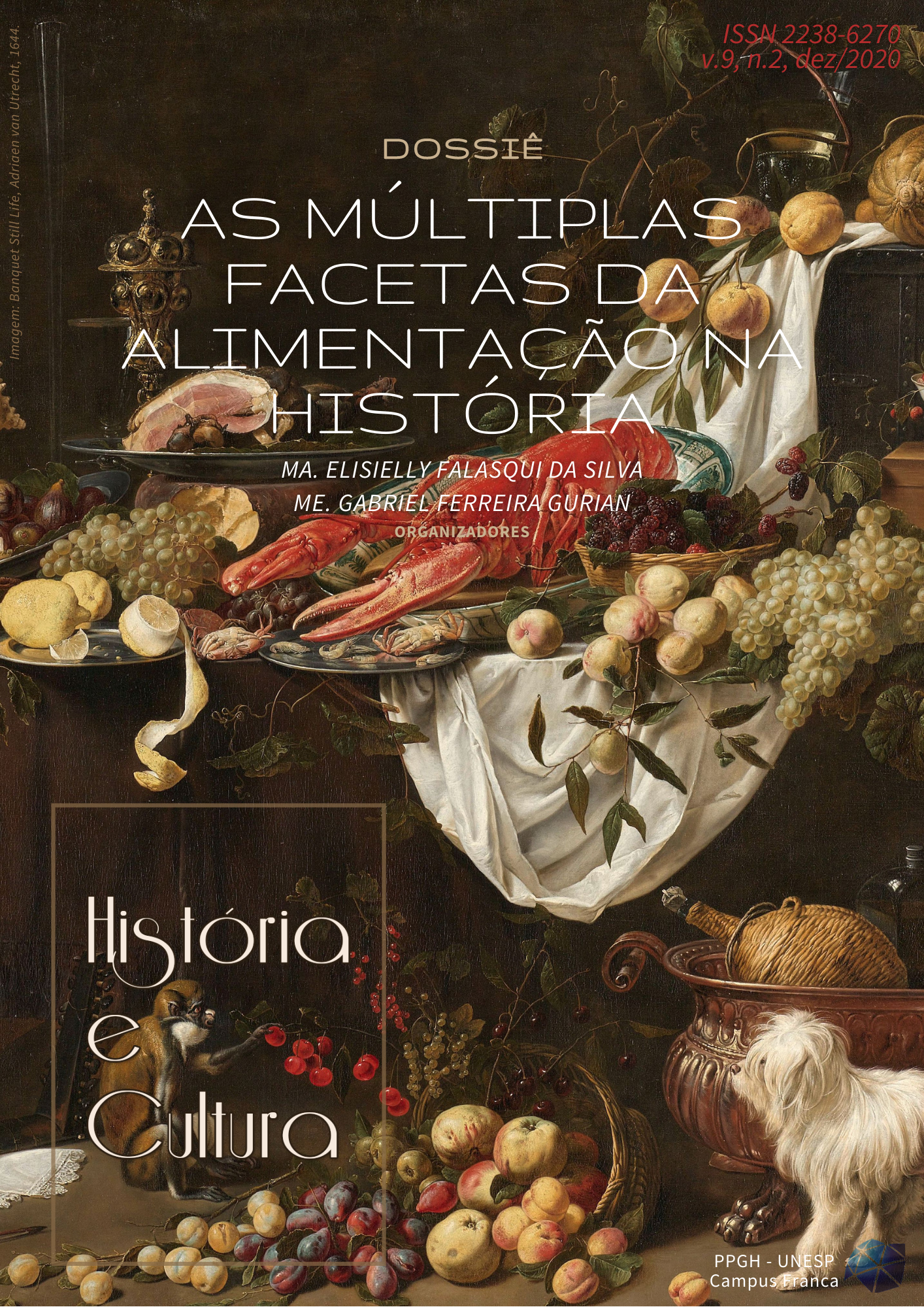Os dilemas internos da ideologia da guerra fria, ou quem pode sonhar o Sonho Americano?
DOI:
https://doi.org/10.18223/hiscult.v9i2.3150Resumo
Quando a ideia de criar um Trem da Liberdade para atravessar os Estados Unidos com os maiores símbolos e emblemas nacionais foi apresentada, muitos afro-americanos a receberam com desconfiança. Para muitos deles, falar em liberdade nos Estados Unidos parecia uma piada de mal gosto. Como o país poderia se apresentar como uma terra livre enquanto a segregação era a realidade de milhões de seus cidadãos? Com o início da Guerra Fria, essa discrepância entre a retórica e a realidade se tornou grande demais, colocando um dilema para a política externa do país. Esse artigo intenta analisar esse dilema e as formas pelas quais ele foi endereçado pelas forças políticas norte-americanas, buscando traçar considerações críticas sobre seus resultados políticos.Referências
BERG, Manfred. Black Civil Rights and Liberal Anticommunism: The NAACP in the Early Cold War. The Journal of American History, v.94, n.1, 2007, 75-96.
BLIGHT, David. “What Will Peace among the Whites Bring?”: Reunion and Race in the Struggle over the Memory of the Civil War in American. The Massachusetts Review, v.34, n.3, 1993, 393-410.
BLIGHT, David. Fifty years of freedom: The memory of emancipation at the civil war semicentennial, 1911-15. Slavery & Abolition, v.21, n.2, 2000, 117-134.
BORSTELMANN, Thomas. The Cold War and the Color Line – American Race Relations in the Global Arena. Cambridge: Harvard University Press, 2001.
CHERRY, Conrad. (Ed.). God’s new Israel: religious interpretations of American destiny. Chapel Hill: The University of North Carolina Press, 1998.
DU BOIS, W. E. B. The Souls of Black Folk. New York: Bedford Books, 1997.
ENGELHARDT, Tom. The End of Victory Culture: Cold War America and the disillusioning of a generation. New York: Basic Books, 1995.
FONER, Eric. The Story of American Freedom. New York and London: W. W. Norton & Company, 1998.
FONER, Eric. Give me Liberty! An American history Volume 2. New York: W. W. Norton & Company, 2016.
FOUSEK, John. To Lead the Free World - American Nationalism and the Cultural Roots of the Cold War. Chapel Hill and London: The University of North Carolina Press, 2000.
GARDELLA, Peter. American Civil Religion. What America holds sacred. Oxford: Oxford University Press, 2014.
GRANT, Susan-Mary. História Concisa dos Estados Unidos da América. São Paulo: EDIPRO, 2014.
HARTMAN, Saidiya. The Time of Slavery. South Atlantic Quarterly, v.100, n.4, 2002, 757-777.
KAMMEN, Michael. Mystic chords of memory. The transformation of tradition in American culture. New York: Vintage, 1991.
LACLAU, Ernesto.; MOUFFE, Chantal. Hegemonia e estratégia socialista: por uma política democrática radical. São Paulo: Intermeios, 2015.
LEUCHTENBURG, William. The American President From Teddy Roosevelt to Bill Clinton. Oxford University Press, 2001.
LÖWY, Michael. Walter Benjamin: aviso de incêndio uma leitura das teses “Sobre o conceito de história”. São Paulo: Boitempo, 2005.
LUCKS, Daniel. Selma to Saigon: The Civil Rights Movement and the Vietnam War. Lexington: University Press of Kentucky, 2014.
LUCKS, Daniel. African American soldiers and the Vietnam War no more Vietnams. The Sixties, 10(2), 196–220, 2017.
PATTERSON, James. Grand Expectations The United States, 1945-1974. New York: Oxford University Press, 1997.
PECEQUILO, Cristina Soreanu. A política externa dos Estados Unidos. Porto Alegre: Editora UFRGS, 2003.
SLOTKIN, Richard. The Gunfighter Nation. Norman: University of Oklahoma Press, 1992.
Downloads
Publicado
Edição
Seção
Licença
Os(as) autores(as) são os detentores dos direitos autorais dos artigos encaminhados à Revista História e Cultura e fica autorizado ao periódico a publicação do referido manuscrito. O trabalho permanece licenciado sob a Licença Creative Commons Attribution CC BY 4.0, a qual permite o compartilhamento do material desde que a autoria seja devidamente atribuída e referenciada.

